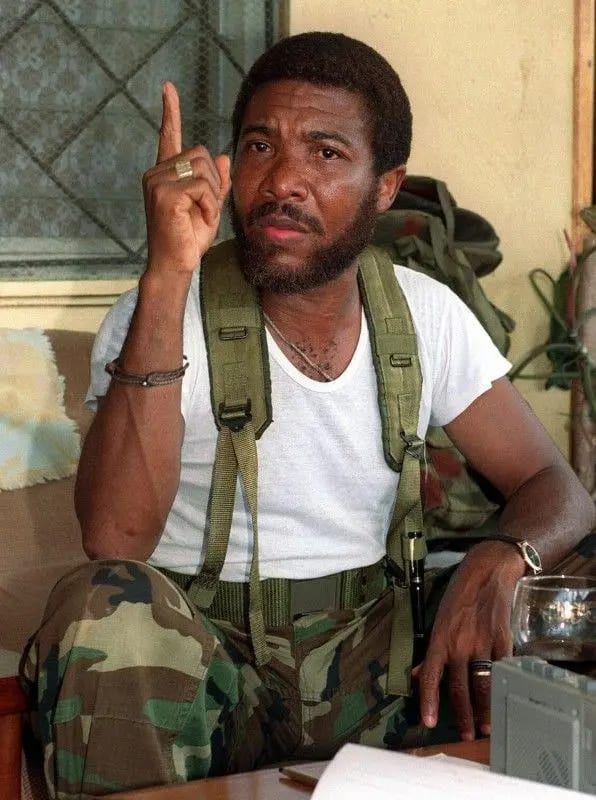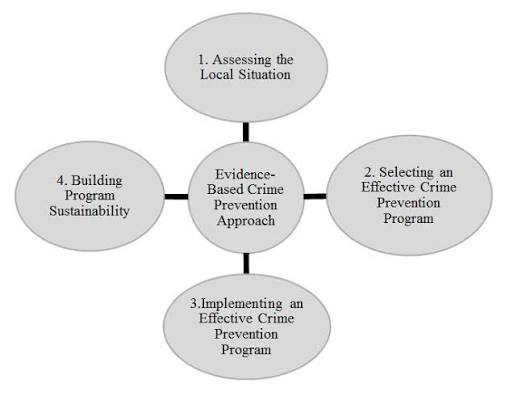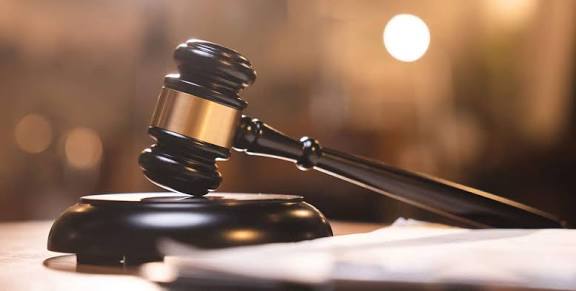
Charles McArthur Ghankay Taylor, born on 27 January 1948 in Arthington, Liberia, rose from a turbulent youth to become one of the most controversial leaders in Africa. His father was an Americo-Liberian judge while his mother belonged to the Gola ethnic group, a mixed heritage that shaped his early life. After attending schools in Liberia, Taylor moved to the United States in the 1970s, where he studied economics at Bentley College in Massachusetts, graduating in 1977. On returning home, he joined the government of President Samuel Doe, rising to head the General Services Agency, but his political career was quickly marred by accusations of embezzlement. Fleeing to the U.S., he was jailed briefly before escaping custody under mysterious circumstances. His years in exile took him through Libya and other countries, where he gained guerrilla training and laid the foundation for his future rebellion.
Taylor’s political journey was defined by struggle and conflict. In December 1989, he launched the National Patriotic Front of Liberia (NPFL), igniting the First Liberian Civil War against Doe’s regime. The war was brutal, with atrocities committed on all sides, and while Doe was overthrown and killed in 1990, Taylor failed to capture Monrovia outright. For much of the 1990s, Liberia remained divided, with Taylor’s forces controlling much of the countryside. After years of bloodshed and foreign intervention, elections were held in 1997, and Taylor won a landslide victory. Many Liberians voted for him out of fear that opposing him might prolong the conflict, a testament to the hardships the nation endured during his rise.
As president, Taylor’s rule from 1997 to 2003 was marked by authoritarianism and allegations of corruption, suppression of dissent, and human rights abuses. His involvement in regional conflicts, especially in Sierra Leone, where he was accused of supporting the brutal Revolutionary United Front in exchange for “blood diamonds,” brought international condemnation. Despite his strongman image, Taylor faced mounting opposition at home as a new rebellion broke out in 1999, leading to the Second Liberian Civil War. By 2003, with rebel groups advancing on Monrovia and international pressure intensifying, he was forced to resign and accept asylum in Nigeria.
Taylor’s final political struggle came in the form of international justice. Under global pressure, Nigeria handed him over in 2006 to face trial at the Special Court for Sierra Leone. Accused of aiding and abetting war crimes and crimes against humanity, his trial became a landmark in international law. In 2012, Taylor was convicted on 11 counts, including terrorism, murder, rape, and use of child soldiers, and was sentenced to 50 years in prison—effectively a life term. He remains incarcerated in the United Kingdom. His journey from a government official to rebel leader, president, and finally convicted war criminal paints the picture of a man whose ambition reshaped Liberia but left deep scars of war and suffering across West Africa.


